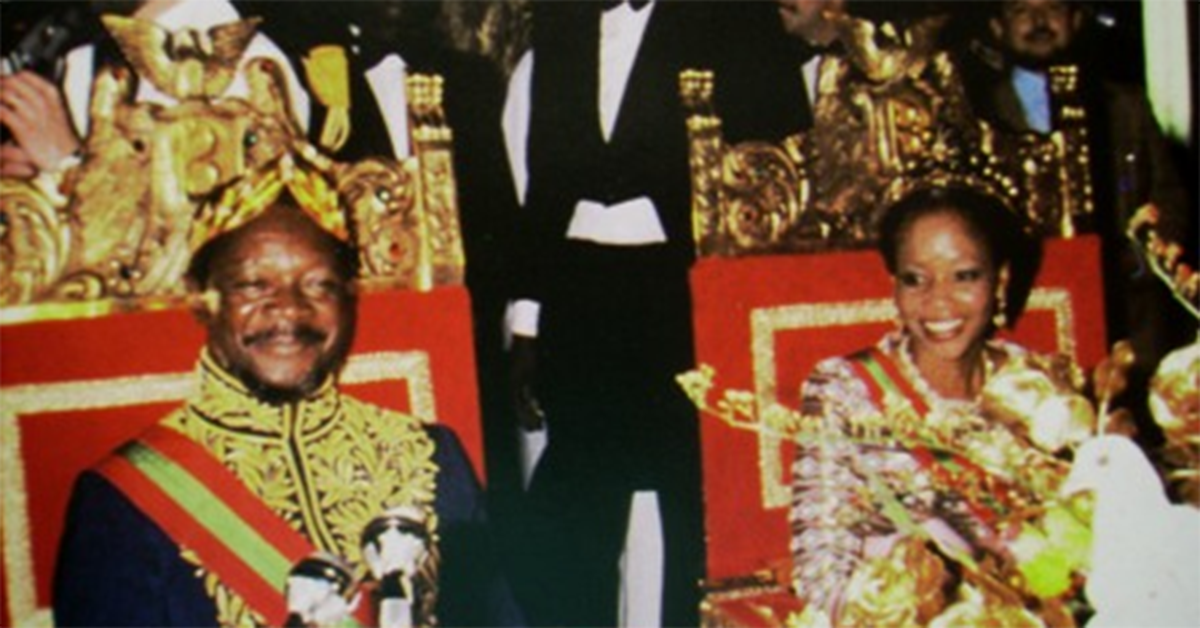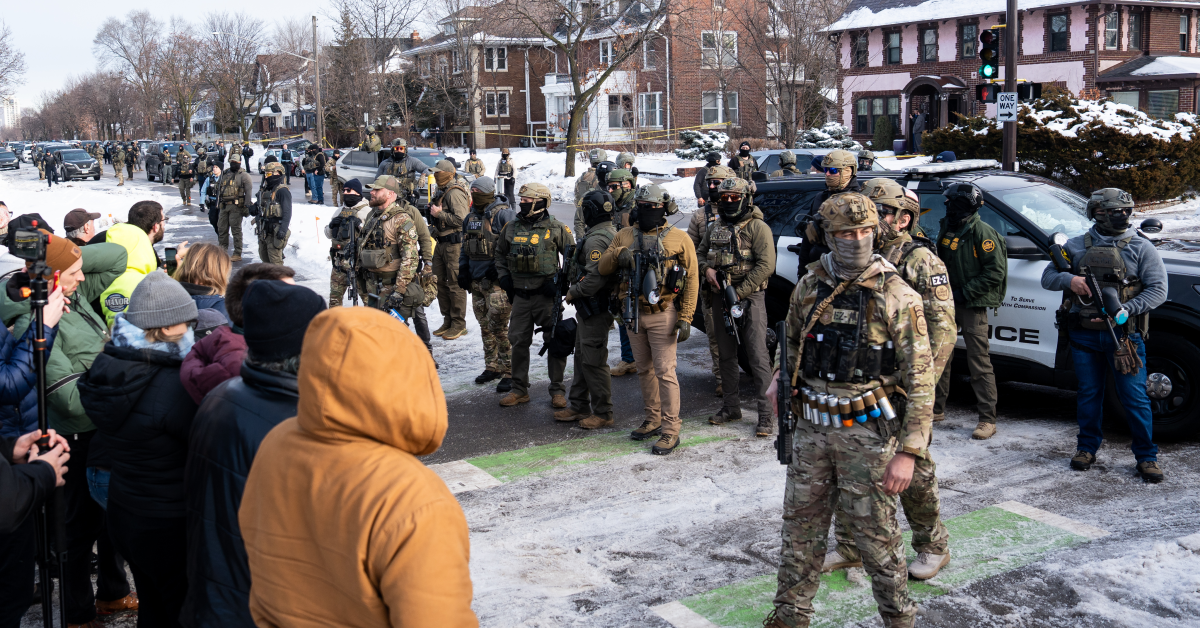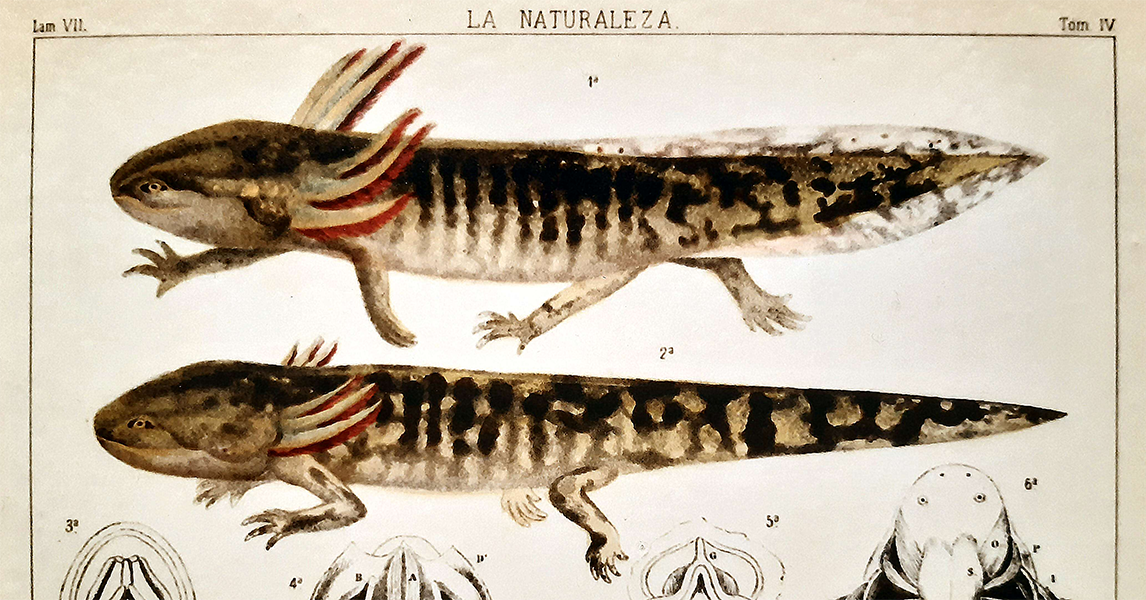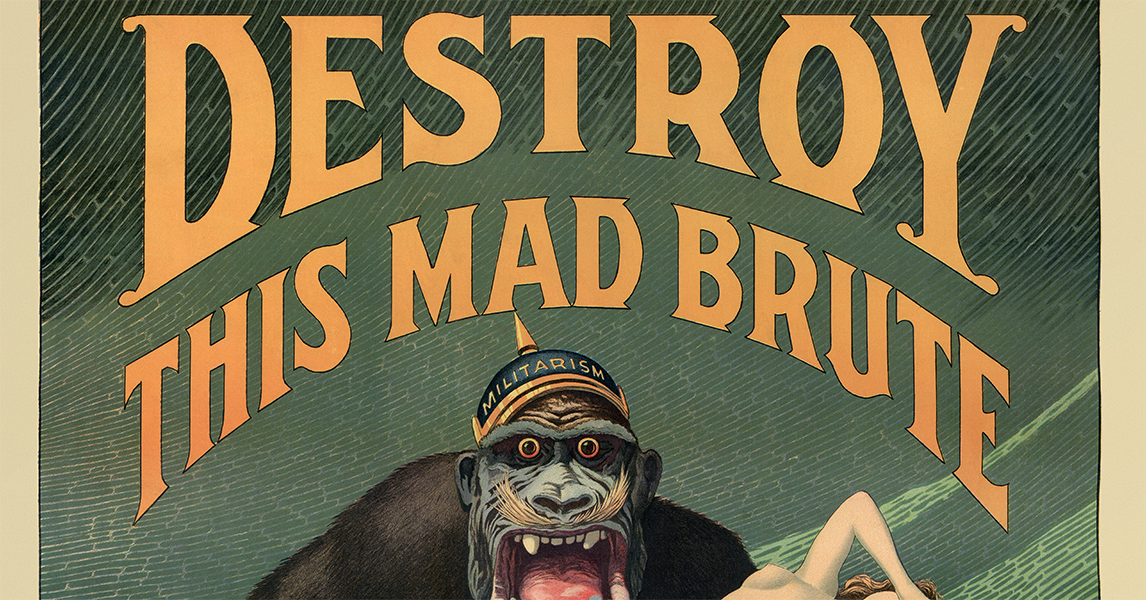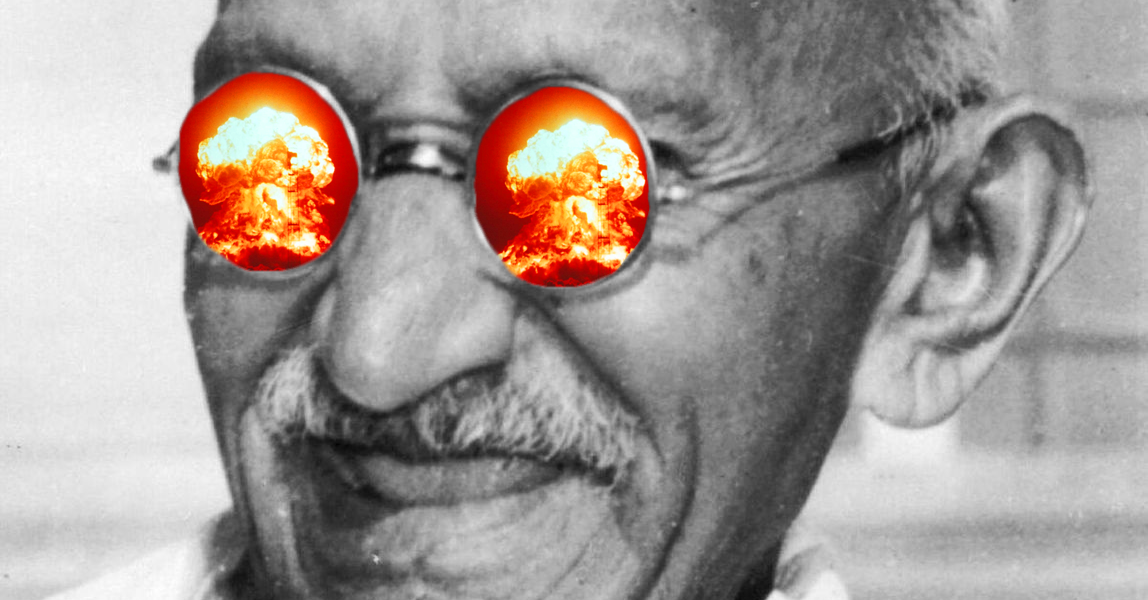An emperor, a wizard, and a cannibal walk into a bar. The punchline? They’re all the same guy. This isn’t a pitch for my next (first) D&D campaign; it’s a real story, set in Central Africa circa 1976. The man is Jean-Bédel Bokassa, at this time known as “Bokassa I”, the royal head of the Central African Empire. The bar is only semi-metaphorical. By walking in and ordering a beer, he’s breaking a promise to his new friend, Muammar “Big Mo” Gaddafi by prematurely ending his three month trial run at Islam.
Today, history books outside of his native Central Africa have rudely forgotten Bokassa, and most media treat him as a footnote to be swept beneath the broader stories of African independence movements and the African theater of the Cold War.
It’s fair to say that Jean-Bédel Bokassa didn’t have a lasting influence on the world outside of Africa. It’s hard to suggest he made a meaningful impact on Africa. But this is a guy who went from teaching radio classes for the French military to crowning himself Emperor of a brand new country, leaving a trail of abandoned families in his wake. Jean-Bédel lived his life in pursuit of a dream: to cosplay Napoleon harder than anyone else and to commit to the bit no matter the cost. His story weaves in historical greats like Charles de Gaulle, Muammar Gaddafi, and all of your favorite African dictator democrats, from Mobutu Sese Seko to Idi Amin. He’s a polygamist, a vengeful general, and the only monarch on record to be crowned on a basketball court. This is the story of Jean-Bédel Bokassa, Africa’s last emperor.
That’s a lot to open with, and I wouldn’t blame anyone for feeling overwhelmed. We’re going to go on a trip together, but I’ll ease into it so you have time to get acclimated. We’ll begin somewhere familiar; comfortable, even: let’s talk European colonialism.
The Root of All Evil
The jury’s out on the costs and benefits of colonialism. On one hand, it was the cause of unknown millions of deaths, illnesses, and maimings, tore families irreparably apart, imposed borders and systems of government that resulted in decades of war and corruption, and pulled most of the world by force under the political and economic paws of Earth’s second-smallest continent. On the other hand, there’s this really sick installation at the British Museum I think you should check out.
Colonialism comes in a variety of fun flavors. The most familiar to the American palate are the dull, flavorlessness of the British Empire and the spicier, hemoglobin-infused undertones characteristic of Spanish colonial cuisine. Everyone loves the classics. But we’d be remiss to ignore another old favorite: the French.
At its peak, the French colonial empire spanned over 4 million square miles and boasted over 5% of the world’s population. Americans know the French empire for its greatest blunder, the sale of Louisiana, all 828,000 square miles of it, for the contemporary equivalent of like 45 cents or a dollar or something. The people of Vietnam, Laos, and Cambodia know the French as the former overlords who set the stages for some of the bloodiest conflicts of the latter half of the 20th century and then fucked off to let the United States and the Soviet Union try to deal with it. Elsewhere in North America, Haitians remember the empire more fondly, it having been generous enough to spend decades supplying the small island country with cheap target practice.
These and more are the variegated stories of the French Empire, an adoptive father who always claimed he did his best but who was too focused on maintaining appearances with his friends to invest much in parenting. Some of his children, like Haiti, filed for emancipation (in more ways than one) and left early to escape his wrath. Others, like Syria, were adopted well into their teens and insist they never saw him as a real dad. The children of North America, Quebec and Louisiana, were sold off to other parents at even younger ages than Haiti in a way that kinda ruins the analogy of it all.
But nowhere was France’s bad parenting better on display than in Africa. At first, France’s adoptive foray into Africa was slow and limited: just a few kids, like li’l Algeria, taken off the hands of the Ottoman Empire, himself a sickly father with too few resources to care for the children he already had. There was Senegal, too, a daughter France adopted to compete with the media attention his frenemy, the United Kingdom, was receiving. Two was plenty for l’Empire, but then, one by one, the U.K. kept adopting more and more. France had no choice but to compete.
By the end of World War I, nearly all of Africa’s affairs were being run remotely from Europe, a quarter of them from France. With the Ottoman Empire recently deleted from memory and Germany’s colony privileges revoked, the French and British footprint on humanity’s birthplace was more gluttonous than ever before. The British oversaw an empire that spanned the length of the Nile from its Egyptian mouth to its source at Lake Victoria and then further all the way to the border of South Africa, which a decade earlier had also been British until they, like Haiti, overthrew their racist white European overlords and, unlike Haiti, replaced them with even more racist white South African overlords. Even with this Russia-length vertical stretch of Africa to govern over, the British still found ways of nipping away at the continent’s other corners, securing Nigeria, Ghana, and Sierra Leone from the prying hands of other prospective museum investors.
The French, by comparison, favored a more compact floorplan. Leaving out Djibouti, the first and last breath of every middle schooler’s sudden interest in geography, and Madagascar, the first and last breath of every elementary schooler’s interest in Ben Stiller, French influence in Africa was pretty limited to the continent’s northwestern jaw, running from the shores of the Mediterranean south to where the Congo River joins the Atlantic, and from the stubble of that chin to British Sudan in the East.
Long after the French lost Haiti and sold Louisiana, they had Africa. Years after they threw their hands up and disappeared from Vietnam and Laos, they still had Africa. The continent supplied France with its status as a world power and fostered the French government-in-exile after Paris fell to the Nazis in 1940. The shining jewel of the French colonial empire, France always had Africa. Until one day, they lost it.
As we’ll see later, France’s departure from Africa was, in effect, less than complete. But on paper, where once flew the massive blue, white, and red tricolor and sounded La Marseillaise now boasted some seventeen banners of newly-independent nations. Today’s story is interested in just one of these, the country known variously through time as Ubangi-Shari, the Central African Republic, and the Central African Empire.
I don’t want to spend too much more time on the French colonial era, but I have to spend just enough to do a modicum of justice to it. So far, I’ve presented a twelve-year-old map nerd’s version of history, the sort of thing that, if left untempered, is sure to send you straight down the colorful maps->Europa Universalis->raging neo-Nazi pipeline. So let’s contextualize French rule in Africa. A few years ago, I wrote about the Congo Free State, a massive, Greenland-sized chunk of the heart of Africa nominally outside of European control but effectively the sole property of the King of Belgium, Leopold II, a man whose taste for refined European culture was second only to his affection for genocide.
Leopold’s Congo was advertised as a humanitarian settlement built with the betterment of its native people in mind. The reality never came close. More accurately, the Congo Free State was a slavery-fueled corporate quarry for the King of Belgium’s personal enrichment. The goal was wealth at all costs. The Congo’s exports included ivory and, its most important commodity, rubber. Among its imports were white soldiers, rifles, and ammunition. In the end, as much as half of the Congo’s population might have perished to Leopold’s greed.
French Africa wasn’t Leopold’s Africa, but there’s no reason to think its administration couldn’t be just as brutal. Tactics to extract wealth and earn submission from the continent’s natives were, in many parts of the French territory, uncannily similar to those used by their francophone neighbors in Belgium. These tactics included such shrewd business techniques as “holding the women and children of a village hostage until the men collect enough rubber”. Strategies for control developed later in the colonial period would include massacring entire villages and throwing political enemies out of flying airplanes and helicopters.
With the benefit of hindsight, we can look on disapprovingly at these flagrant human rights abuses, but to the contemporary French officials responsible for the running of Africa, there were no major problems. Everything was très magnifique.
And while enlightened white folks get to tut-tut their disappointment toward the colonial practices of l’Empire from behind the comfortable gulf of history, the affairs are processed differently by those enduring the pain in person. Throughout the 130+-year term of French governance over Africa, the continent’s native people intermittently rose up in defiance of their colonial overlords. Unfortunately, for most of the project’s history, these rebellious groups were too small and disconnected from their neighbors to have any significant impact on their faraway governors. Native Africans simply didn’t have the wherewithal to stage massive continental uprisings. Someone forgot to tell Karnu.
Burying the kongi
In most portrayals, Karnu reads like a cross between a prophet and a cartoon. The story goes that his supporters believed he could ride large rocks like cars (years before SpongeBob normalized the practice), use small rocks like telephones, and control bees with his mind. And despite spending years advocating for peaceful resistance against the French, it was his words of nonviolence that would kick off the widest-spanning conflict in French African history to date.
It all started with a misunderstanding. With a solid foundation of lore and superhuman mystique beneath him, Karnu became an object of reverence and adoration for his neighbors. Peers saw him as something of a religious authority and came to him for blessings. One of these blessings was administered through the handling of a leaf that resembled a local Central African tool, the hook-shaped, hoe-handled kongi.
In Karnu’s Gbaya culture, the splitting of a kongi is analogous to the burying of a hatchet, a metaphorical representation of the end of a conflict between people. It seems likely that Karnu’s intent in handing out kongi-shaped leaves was to spiritually imbue his followers with the mindset for and ability to put the conflict of colonialism behind them. But while some of Karnu’s spiritual power came from metaphors and representations like these, just as much came from his followers’ genuine belief in his ability to work magic.
So as Karnu’s message of resistance spread, first beyond his village and then past the borders of Ubangi-Shari, it gradually shed its metaphorical trappings and began to bear the sharper implements of honest militarism. Anyone who’s seen a satirical headline make its way to a boomer uncle’s Facebook feed knows too well the power of a context-supported message landing in a contextless community.
What started as a small uprising by Karnu’s loyal Gbaya people soon became an outright trans-territorial rebellion. Over the course of the three year conflict, at least ten thousand (and potentially many times more) native Africans would die to French counterattacks.
The French hadn’t expected the rebellion. They’d had no reason to; by their own estimations, Africans were super chill with the incumbent system of foreign domination and economic exploitation. Karnu’s misguided Gbaya had caught their overlords sleeping, but they could have never prepared for the consequences of waking them. What was, in Central Africa, the largest and widest-spread act of rebellion in colonial history barely made the news back home in France. To the French people, this was a non-event. The Gbaya and their allies had found success in the battles and skirmishes they staged against France’s corporate night watchmen, but their insurrection ended the moment they drew the eye of Paris.
Karnu himself was killed by French soldiers in 1928, apparently wielding his symbolic mixing-stick threateningly against a troop of rifle-armed infantry. The war he’d inadvertently inspired went on for an additional three years as the French rooted out rebel leaders and collaborators, but its end was presaged. Peaceful or militant, Karnu was no match for France.
Déluge
France, though, was itself no match for the eventual weight of its colonial empire. Its armies shut down rebellions like the one attributed to Karnu with ease, but the next few decades would be rough on Le République. The dual invasions of Nazi Germany in Europe and Imperial Japan in the greater Pacific significantly damaged the core structures of the French imperial apparatus. By the time the Allied Powers had ousted the Japanese, groups in French Indochina had warmed to the idea of being governed neither from Tokyo nor Paris and fought back against French occupation in the First Indochina War (the second is known in the United States as the Vietnam War), which the natives eventually won in 1954.
As French rule in southeast Asia crumbled, long-fostered cracks began to breathe throughout the empire, perhaps most notably in Algeria. Algeria was France’s first foothold in Africa and considered an integral part of the country, more Hawaii than Puerto Rico. The ensuing conflict between France and her closest colony spanned over seven years and killed, by conservative estimates, hundreds of thousands of people and displaced millions. The war was fought in defense of French ownership of Algeria, but it served as a symbolic battle for the maintenance of the French colonial empire. The importance of the conflict cannot be overstated; the lead-up to war and eventual loss of Algeria led to the fall of the Fourth French Republic and the rise of a rebuilt Fifth.
Among the changes brought in by the new government was the abandonment of ‘empire’ as a direct concept and development of the so-called French Community (better marketed as Empire 2.0). A new administration under the command of lauded war hero Charles de Gaulle put the question directly to the colonies, asking them to decide between maintaining their status as overseas territories, joining the French Community as a autonomous states, or acceding and becoming a full and integral part of France. That last option came with a massive but initially invisible asterisk: France had absolutely no intention of allowing its African colonies the full rights and privileges of French citizenship. Regardless, the question long discussed in hushed tones and previously shot down was now being asked directly by the French. It was up to the people of her African territories to decide their fates.
And just as the eye of the France turns, potentially for the first time, to the will of the African people, so too does our story finally take a step away from Paris and into the so-called dark continent (a name received because its interior was one of the last large areas of the Earth to be explored by Europeans, making it surprisingly one of the less racist nicknames applied to it). Now that the French have asked their question, we turn to one of the Africans best posed to answer it.
The rising star
Barthélémy Boganda was a self-proclaimed student of Karnu. He was also a priest and, in his own words, the son of a polygamist cannibal. Defrocked for his insistence on getting married, Boganda found a second life in politics, being the first man from the colony of Ubangi-Shari to be elected to the French legislature.
One of French Africa’s rising stars at this pivotal historical moment, Boganda had big plans for his homeland. Originally non-committal to the idea of independence and a willing signatory to France’s stay-in-the-family plan, Boganda eventually warmed to the notion of self-governance. But while the new agreements put Boganda and his allies well within their rights to declare independence for Ubangi-Shari, the would-be country’s foremost politician had set his sights considerably higher. Boganda had hoped that, rather than shattering entirely along administrative lines, many of his fellow leaders would find common cause and join together to become the United States of Latin Africa.
This Latin Africa plan was to include all of the constituent territories of French Africa east of Niger, but also the Belgian Congo, the Portuguese-speaking colony of Angola, and the Spanish-speaking territory of Equatorial Guinea.
Interest in the United States of Latin Africa never really materialized, but Boganda wasn’t deterred. As his neighbors began declaring independence, most of them retained the names imposed upon them by the French. The French territory of Mauretania, for example, was named (by the French) after an ancient kingdom located further north in modern Algeria and Morocco. When the territory gained its independence, it kept the name, inheriting the legacy of a people who lived centuries earlier and on the other side of the Sahara. Boganda, meanwhile, had adopted the idea of independence, but he had no intention of going it alone. Setting his expectations somewhat lower, he eschewed the idea of an independent Ubangi-Shari and instead declared the independence of the Central African Republic, set to be a multi-territorial federation of the four former colonies of French Equatorial Africa. In December 1958, the land formerly known as Ubangi-Shari became the first to join. It was also the last. Despite his popularity at home, Boganda never managed to spread his vision beyond the borders of what was now the Central African Republic.
But that failure of international messaging did little to dissuade his fans back home. Boganda’s domestic popularity bordered on messianic; some followers hailed him as a “black Jesus” and claimed to believe he could walk on water. Elected the country’s first president by a comfortable margin, Boganda’s star seemed to be at its highest. But then tragedy struck.
On March 29, 1959, the Central African Republic’s intrepid leader boarded a plane bound for the country’s capital city of Bangui. It hit the ground in pieces. An investigation located explosive residue at the crash site. French involvement in the death of this ambitious, somewhat hesitant revolutionary was suspected, but no clear line has ever been drawn linking the former colonizer to the apparent assassination.
Stardust
Regardless of whether or not they’d just signed a one-sided caveat to the Central African independence agreement in blood and sulfur, the French wasted no time in maneuvering to replace Boganda with a man more firmly in their thrall. Their choice was David Dacko, an educator and member of the legislative assembly.
Dacko’s appointment was contested by the President of the National Assembly, but he and his fellow legislators calmed down once the French government supplied them with enough cash to sleep comfortably upon.
Despite once threatening to stymie the flow of financial support to the former territories that opted for statehood, the French government changed their tune when the cash-strapped upstarts turned their collection bowls toward the Soviet Union. Dacko’s Central African Republic remained nominally independent but both financially and administratively tethered to France; like an empty nest parent still responsible for laundry and insurance, many of the new republic’s judicial and administrative positions were filled by French judges and bureaucrats.
And so as long as Dacko toed the French line and refused to leave Moscow’s DMs unread, France cooperated with his vision for the country. When the Centrafricain President went DEFCON Zero over an attempt by his country’s politicians to start an opposition party, the French government ministers helped him place them under arrest.
With a sea of unrest roiling in post-colonial Africa, Dacko was determined to shut down opposition wherever it arose. But maybe he should have started closer to home.
Next time: The Soldier
Image
- Bokassa_evening.jpg by Wikipedia user Best
- Licensed under the Creative Commons Attribution-Share Alike 4.0 International license
- In short: I stole this (cropping it but making no other changes) and so can you!
- Licensed under the Creative Commons Attribution-Share Alike 4.0 International license
Read More
- Central Africa: Death of a Strongman from TIME
- Dark Age: The Political Odyssey of Emperor Bokassa by Brian Titley
- The historical long-term in the politics of the Central African Republic: insights from the biography of Barthélémy Boganda by Klaas van Walraven at Leiden University
